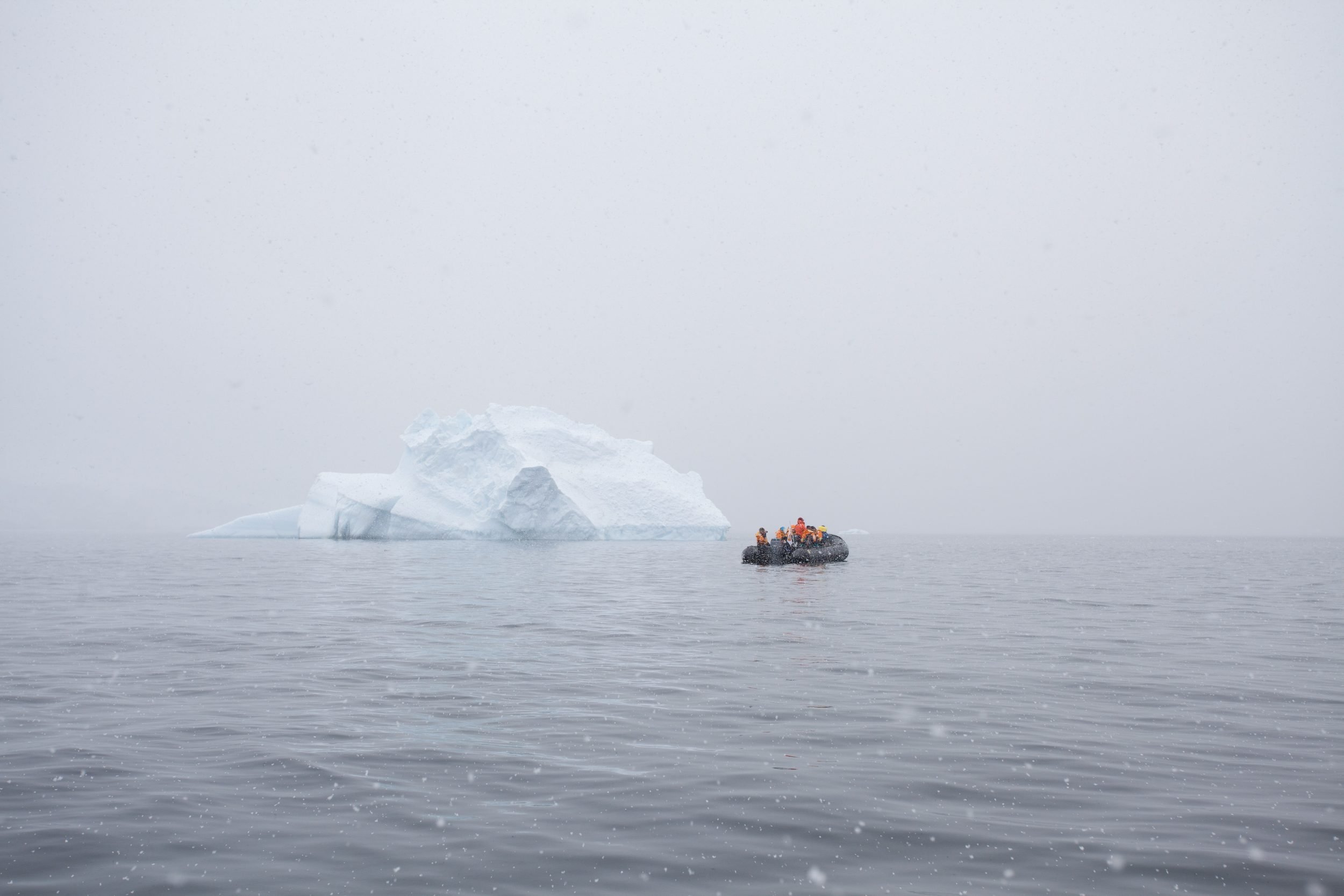Chantelle Richmond is part of a growing movement of Indigenous academics pushing for fundamental change in how research into Indigenous experiences is conceived and executed. The challenges experienced in Indigenous communities are multi-faceted and complex, necessitating different approaches to research. Canadian Geographic spoke with Richmond, the Canada Research Chair in Indigenous health and the environment and an associate professor in the department of geography and environment at Western University in London, Ont., about her work and goals.
On her work
I am a health geographer. I look at how the environments that people live in — where we work, places we spend time and places that hold meaning for us — impact health. Environments take many forms, so it’s not just mountains and rivers that we’re exploring, but it may be structures. These are places and spaces that have a lot of dimensionality to them, and we’re looking at how these varying environments can impact people’s health and wellness and opportunities for healing. I do this research fully in the context of Indigenous people’s health and wellness.
On trauma
I thought that because I grew up in Marathon, Ont. [a town on the north shore of Lake Superior], and I didn’t live on reserve, I probably didn’t endure the same types of violence and trauma that my cousins might have. Because I didn’t experience that directly, I thought I had escaped it. But I didn’t. My mother lost her ability to live on the community property [she lost status after marrying Richmond’s father]. We were kicked off the reserve, and that’s a major trauma. My mom holds that experience to this day, and it has shaped a lot of how she understands her beliefs and her ideas of inclusion and belonging.
On restoring relationships with the land
I’ve come into this place [academia] where I am asked to speak about big concepts and share research, but really what we’re doing is talking about people’s experiences in restoring relationships with the land and between people. That is very valuable for our humanity. I owe a tremendous debt of gratitude to my ancestors who lived in this place that is beautiful but rugged. Our people were so focused on the strength of their community, and of future generations, that they kept going.
On Indigenous methodologies
In the last 20 years, there’s been a real shift to try to bring in more Indigenous people [into the academic sphere]. But we can’t attract more Indigenous people, or do more work with Indigenous communities, if we keep using the same methods and methodologies, if we don’t take the time to establish good relationships, if we don’t recognize that Indigenous nations are actually sovereign, if we don’t value Indigenous knowledge in the same way that we value, say, climate modelling. So we’re understanding that there are parallel systems of knowing and doing.
On making change
Transforming universities and systems is incredibly difficult work. We do it because we absolutely love our communities. We love our students, and we are so eager for this transformation to happen because there’s so much at stake. Universities understand how precious a resource Indigenous scholars are, but the structures are not changing fast enough. We need more Indigenous people in these places, and I’m hoping the structures will shift at the same time.
– Interview by Sophie Price



